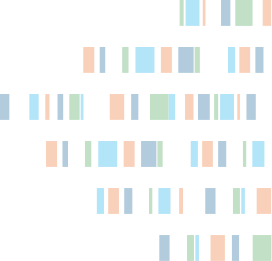Divergence time estimation is fundamental to understanding many aspects of the evolution of organisms, such as character evolution, diversification, and biogeography. With the development of sequence technology, improved analytical methods, and knowledge of fossils for calibration, it is possible to obtain robust molecular dating results. However, while phylogenomic datasets show great promise in phylogenetic estimation, the best ways to leverage the large amounts of data for divergence time estimation has not been well explored. A potential solution is to focus on a subset of data for divergence time estimation, which can significantly reduce the computational burdens and avoid problems with data heterogeneity that may bias results.

Home » Divergence time estimation of Galliformes based on the best gene shopping scheme of ultraconserved elements
Publications
Divergence time estimation of Galliformes based on the best gene shopping scheme of ultraconserved elements
myBaits
Daicel Arbor Biosciences
5840 Interface Dr. Suite 101,
Ann Arbor, MI 48103
1.734.998.0751Ann Arbor, MI 48103
©2024 Biodiscovery LLC
(d/b/a Daicel Arbor Biosciences)
All Rights Reserved.
(d/b/a Daicel Arbor Biosciences)
All Rights Reserved.
Design and development by Raincastle Communications.
